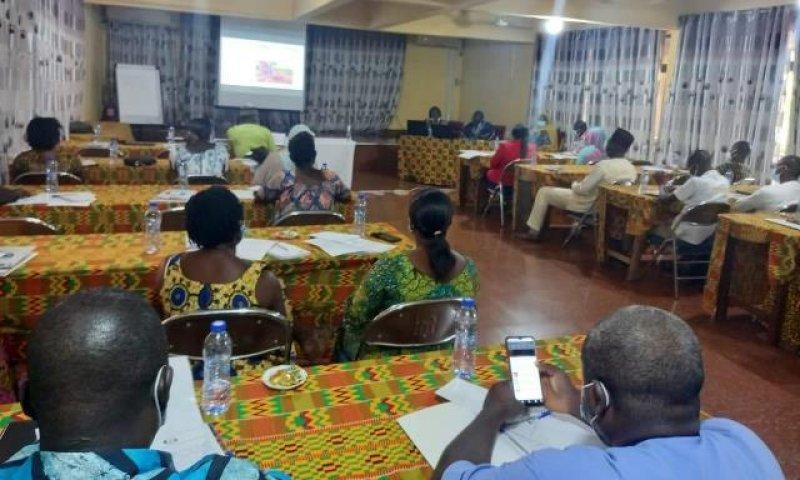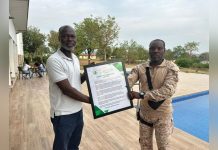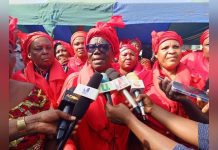Africa-Press – Ghana. Tamale, Nov. 8, GNA – Stakeholders at a day’s forum have reiterated the need for parents, guardians and other key actors in education to support girls’ education to increase their retention in schools.They said an inter-agency and multi-sectorial collaborative interventions were needed to help eradicate issues that affected young girls’ education in the country.
They said this during a regional stakeholders’ forum on girls’ education, organised by School for Life (SfL), a non-governmental organisation (NGO), in Tamale, to discuss efforts, activities and programmes to achieve gender parity in education.
It was held on the theme: “Achieving gender parity in education: Girl’s enrolment, retention and the re-entry policy for pregnant school girls and young mothers”.
It brought together NGOs working in the area of education in the Northern Region and officials from the Northern Region Education Directorate, and formed part of the SfL’s Empowerment for Life Programme, with funding support from CISU through Ghana Friends, a Danish organization.
Participants noted that achieving gender parity and access to quality education in the Region called for collaboration of everyone and therefore, called on relevant stakeholders to join forces to institute programmes and policies that would help to realize this vision of ensuring “no girl was left behind”.
Dr Peter Attafuah, Northern Regional Director of Education, said the Ghana Education Service (GES) was committed to ensuring every young girl was retained in school through various policies, such as the back to school programme meant to persuade pre-tertiary school children, especially girls, to remain in school.
He, however, said it was incumbent on parents and guardians to be involved in their young girls’ education and ensure they provided them with the necessary educational materials to help keep the girls’ interests in schools. That, he added, was the surest bet through which issues such as teenage pregnancies, that hindered their academic growth would be reduced in society.
Mr Fuseini Abdul Rahim, Communications, Advocacy and Gender Officer at SfL, said achieving Sustainable Development Goal four in the Northern Region required that young girls were given the needed support to access quality and equitable education to help them realise their full potentials.
He appealed to authorities to create enabling environment for young girls to be able to attain certain levels of education to aid their growth and development.
Mr Albert Akoubila, Education Development Manager at SfL, emphasized on the need for stakeholders to deepen the public sensitization on the national policy and guidelines for school re-entry for pregnant girls and young mothers to keep them informed on the need to go back to school to continue their education.
For More News And Analysis About Ghana Follow Africa-Press







